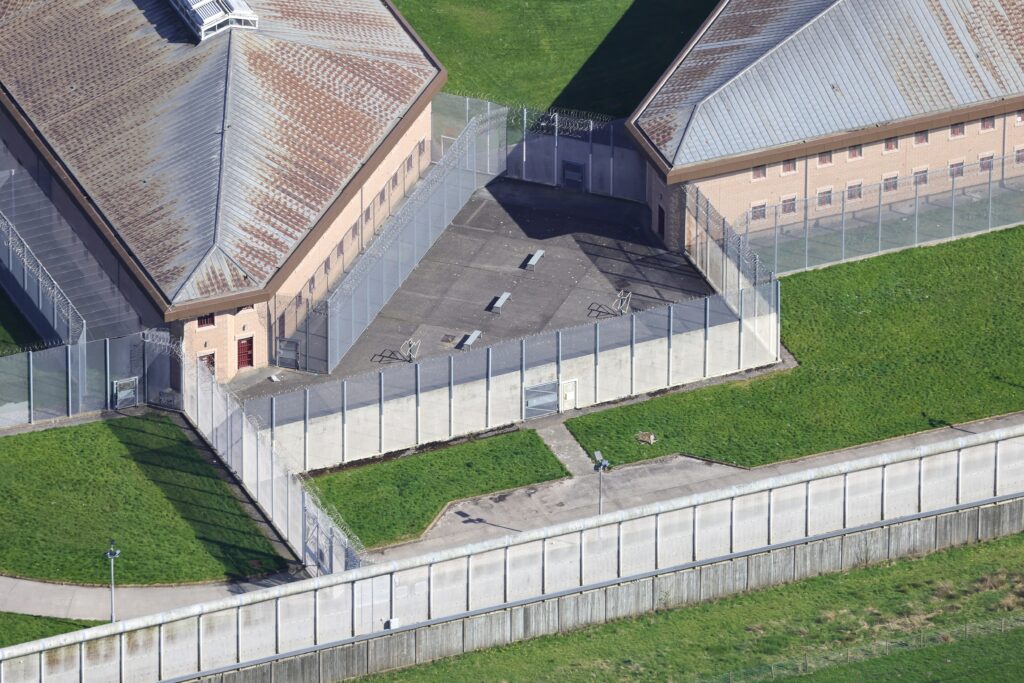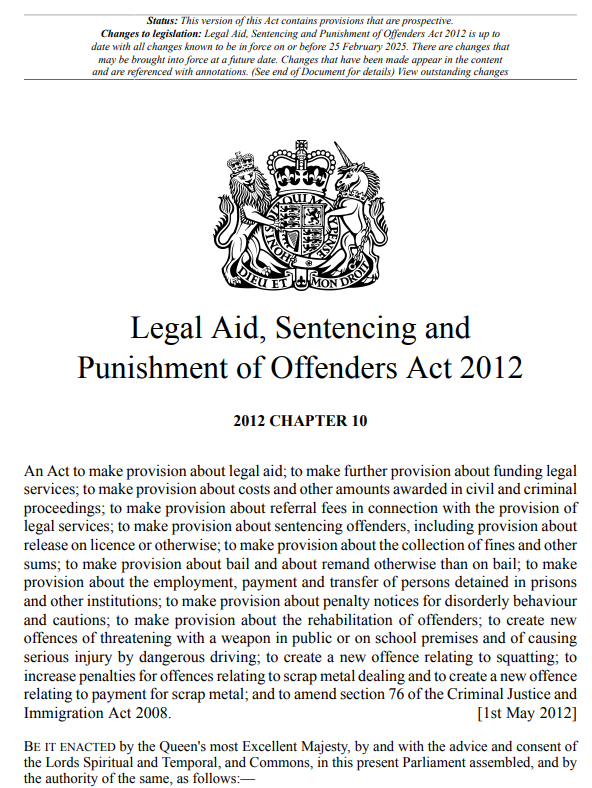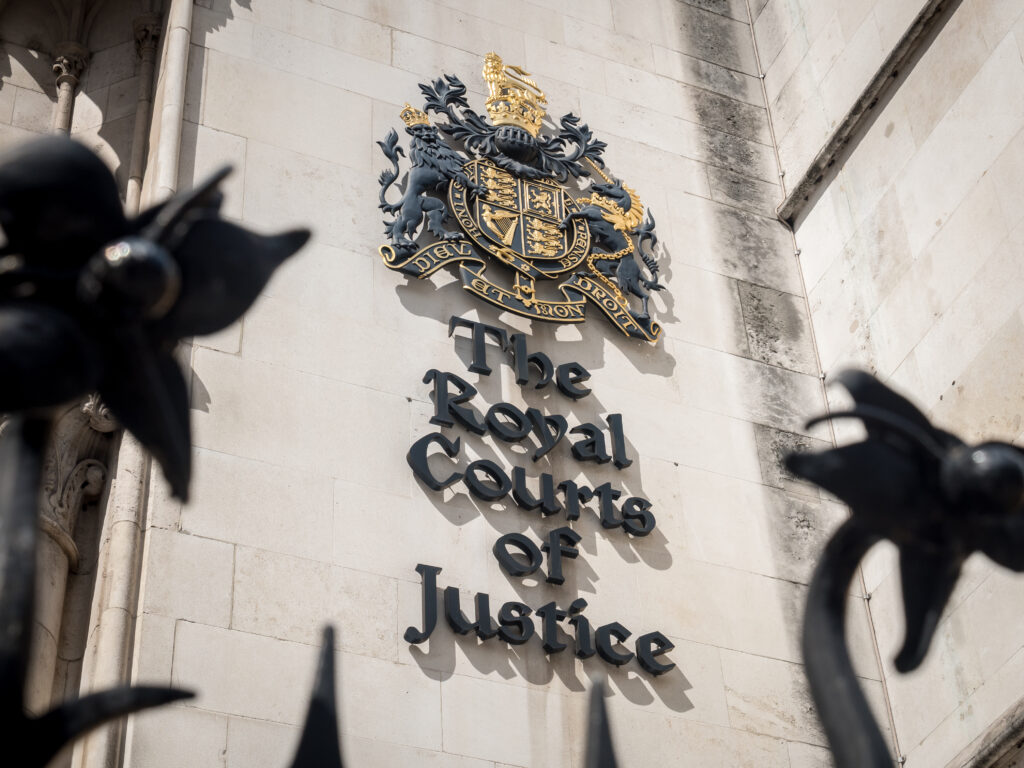Sentences of Imprisonment for Public protection (IPP) were created by the Criminal Justice Act 2003, and were first used in 2005.
They were indeterminate sentences, intended for serious offenders who were considered “dangerous” to the public, but whose crimes did not merit a life sentence.
IPPs were abolished in 2012, after it became clear that they were not working as originally intended.

IPPs
IPPs were designed to work in the following way:
- Offenders sentenced to an IPP would be ordered to serve a minimum term (tariff) in prison. After completing their tariff, they could then apply to the Parole Board for release
- The Parole Board would only grant release if it was satisfied that the offender no longer posed a risk to the public. This meant that an IPP prisoner could be detained indefinitely if the Parole Board considered that it was not safe to release the prisoner back into the community
- If an offender was given parole, they would be on supervised licence for at least ten years, with the possibility of being recalled to custody if their license conditions were breached
- If an offender was refused parole, they could only apply again after one year
- People subject to an IPP sentence would be eligible to have their license terminated by the Parole Board ten years after their first release
The Abolition of IPP

IPPs were abolished by the Legal Aid, Sentencing and Punishment of Offenders Act 2012 because they were being used too widely, and too inconsistently.
However, the abolition of IPP sentences was not applied retrospectively, meaning it did not apply to prisoners who were already serving an IPP sentence.
Whilst no new IPPs can be imposed, current IPP prisoners must still obtain Parole Board approval to be released and remain subject to the same license conditions as before.
Consequently, a significant number of offenders who received an IPP sentence are still in prison today.
IPP and the CCRC
If an offender was sentenced under the IPP sentencing scheme, the CCRC cannot refer the sentence to the appeal court just because IPPs have subsequently been abolished. This is because they were lawful sentences available at the time they were used.
The CCRC also cannot refer an IPP sentence on the grounds that an IPP might seem unfair or harsh.
The CCRC’s referrals of IPP sentences have been concerned with whether an IPP was imposed in circumstances that were legal.
For example, in August 2011 Aiden Maund was convicted along with five co-defendants of conspiracy to rob and received a sentence of imprisonment for public protection with a minimum term of eight years.
Subsequent to his unsuccessful appeal, two of Mr Maund’s co-defendants successfully appealed against their IPP sentences which were replaced with determinate sentences. In doing so, the Court said:

Following review, the CCRC decided to refer Mr Maund’s sentence for appeal on the basis that the factors that caused the Court of Appeal to replace IPPs with determinate sentences in the appeals of his co-defendants could have applied in Mr Maund’s case, and that there was therefore a real possibility the Court would similarly amend his sentence.
The CCRC referred the sentence in November 2017 and the Court of Appeal quashed the sentence in May 2018 and substituted it for a 16-year determinate sentence.
You can find details of the CCRC’s other IPP cases here.
If you believe that you were sentenced to an IPP in circumstances that were not legal, you can apply to the CCRC for a review of your case.
